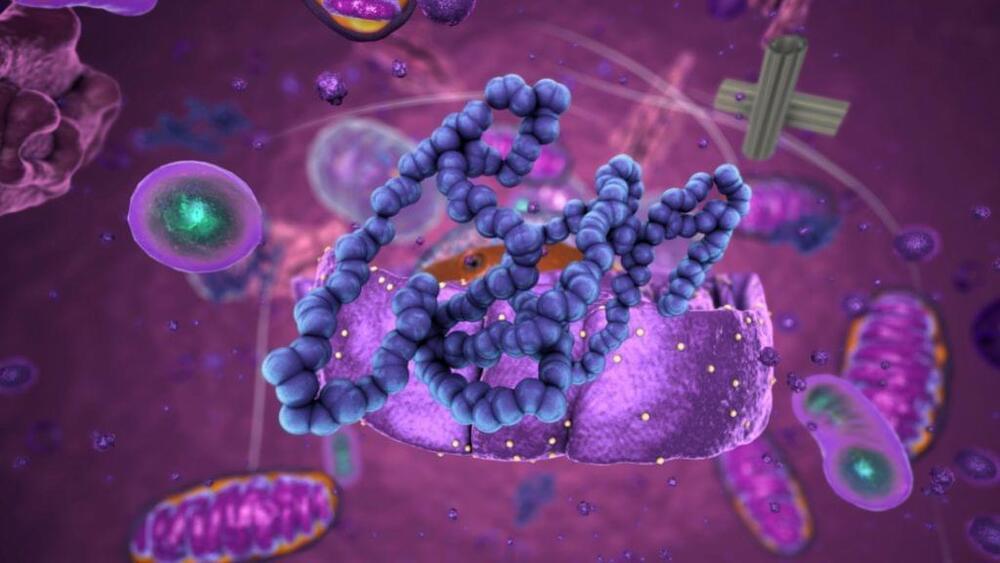
AI’s Breakthrough: Unlocking the Secrets of Protein StructureAI’s Breakthrough: Unlocking the Secrets of Protein Structure In the intricate realm of biology, proteins play a pivotal role in virtually every aspect of life. Understanding their structure is crucial for deciphering how they function and designing therapies for diseases. However, determining protein structures has been a labor-intensive and time-consuming process. Enter AI, a game-changer in the field of protein science. Recent advances in deep learning have enabled AI algorithms to tackle the complex task of protein structure prediction with unprecedented accuracy and speed. One groundbreaking study led by DeepMind’s AlphaFold team utilized a combination of AI algorithms and training on a vast database of protein structures. The results were astounding: AlphaFold was able to predict the structure of over 90% of the proteins in the landmark CASP14 competition with near-atomic accuracy. This breakthrough has far-reaching implications. It opens up new possibilities for: * Accelerating Drug Discovery: By rapidly and accurately determining protein structures, researchers can identify potential drug targets and optimize their design with greater efficiency. * Understanding Disease Mechanisms: Pinpointing the precise arrangement of protein molecules can help elucidate the underlying causes of diseases and pave the way for targeted therapies. * Developing Biomaterials and Enzymes: AI-powered protein structure prediction can facilitate the creation of novel biomaterials with tailored properties and the design of enzymes for industrial applications. The speed and accuracy of AI algorithms are also revolutionizing the way proteins are studied. Researchers can now explore large-scale protein complexes and dynamics, which were previously inaccessible due to the limitations of traditional methods. However, it’s important to note that while AI has made significant strides, it still has limitations. AI models require extensive training data, and their accuracy can vary depending on the complexity and diversity of the proteins being studied. Moreover, AI algorithms must be carefully validated and interpreted to ensure reliable results. Despite these challenges, the potential of AI in protein science is vast. As algorithms continue to improve and training datasets expand, AI will undoubtedly play an increasingly pivotal role in unraveling the mysteries of protein structure and its implications for human health and beyond.
Posted inNews